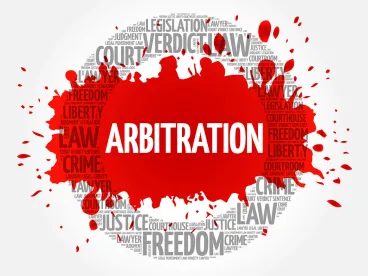In the past several years, motions to seal arbitration documents generally have been denied in favor of the public’s right to have access to documents filed in court. We discussed this in a prior blog post in the context of arbitration awards. But not every court will deny a motion to seal arising from a reinsurance arbitration.
In Pennsylvania National Mutual Casualty Insurance Co. v. Everest Reinsurance Co., No. 1:18-mc-653, 2019 U.S. Dist. LEXIS 41285 (M.D. Pa. Mar. 14, 2019), the court was asked to seal a series of arbitration documents in the context of motions to compel arbitration. The cedent filed 4 motions to seal documents, including the arbitration demand, arbitration correspondence post-demand, and the 6 reinsurance treaties subject to the arbitration demand.
In analyzing the motion to seal, the court weighed the various factors outlined by the 3rd Circuit, including (1) whether disclosure will violate any privacy interests; (2) whether disclosure will cause embarrassment; (3) whether confidentiality is being sought over information important to public health and safety; (4) whether sharing information among litigants promotes fairness and efficiency; (6) whether the party seeking confidentiality is a public entity or official; and (7) whether the case involves issues important to the public. The court found that the documents are private commercial agreements setting forth the terms of a private business relationship such that the public interest in disclosure is minimal.
The court found that the cedent had a reasonably significant privacy interest in the reinsurance treaties. The court noted that the cedent negotiates with various reinsurers with specific percentages of interest. While the agreements are likely similar, disclosure of the precise terms of any one agreement could reasonably have a significant impact on the cedent’s ability to negotiate with other reinsurers. For this reason, the court found that this privacy interest substantially outweighed the public’s minimal interest in having access to these documents and granted the cedent’s motion to seal.
If these treaties were recent, the privacy interest might make more sense, but these treaties are from the early to mid-1990s and treaty wording and pricing has changed since then. Nevertheless, the court felt that there was enough of a privacy interest compared to minimal public interest to protect and seal these pre-arbitration documents. Query whether if this were a motion to confirm or vacate an arbitration award, would the court have come down the same way?




 />i
/>i

